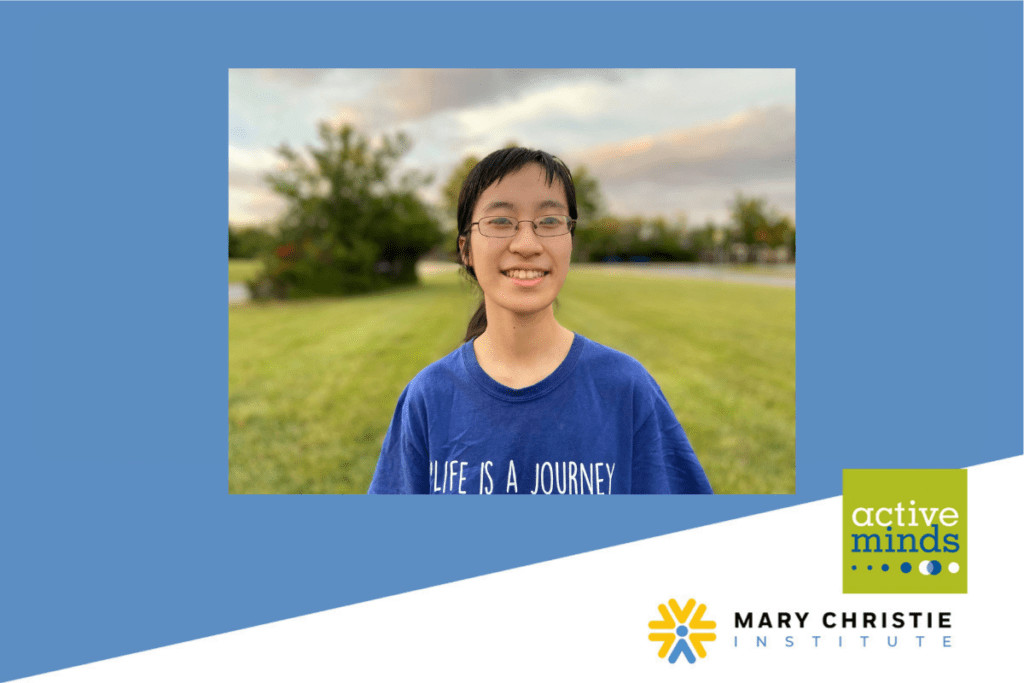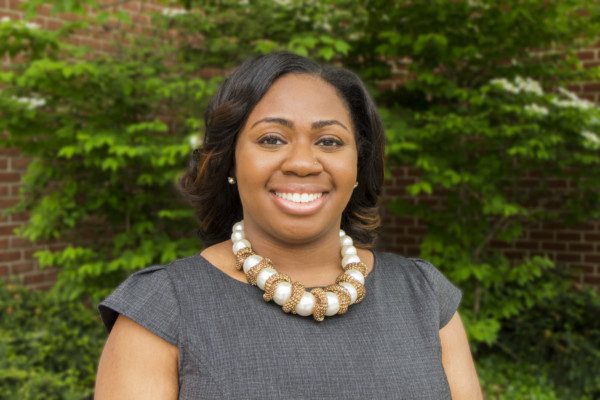Peer programs on college campuses have grown in frequency and popularity as anxiety and depression rates in college students continue to rise. Several peer programs exist on my own campus, and serve as an additional space for students to seek mental health support. Programs can range from advocacy and awareness groups, such as Active Minds, to peer counseling, such as Washington St. Louis’ Uncle Joe’s Peer Counseling.
In September 2020, I co-founded my own peer program, Lean On Me College Park (LOM), University of Maryland’s (UMD) first non-crisis, mental health text line, which allows students to receive support from trained student volunteers regarding loneliness, academic pressure, or any variety of other stressors. Starting from a small team of four, we have grown to 30 student volunteers and have currently exchanged over 300 conversations. However, starting the organization came with challenges I never expected sitting in my freshman dorm.
I first discovered Lean On Me, the national parent organization and a nonprofit that originated at MIT, in Fall 2019 through a coincidental Google search. I had previously volunteered for both Crisis Text Line and 7 Cups of Tea—online platforms which provided chat and text support to people throughout the U.S. While these experiences formed the foundation to my mental health interest, I wanted to apply my supportive listening skills to a more local community. I was familiar with text modalities already, and was surprised to learn that UMD lacked a text counterpart to their mental health services. Like most freshmen, I lived in a dorm and shared a room. However, that living arrangement made privacy very difficult when it came to phone calls or virtual therapy. Having a textline at UMD seemed to be the perfect opportunity to fill that gap.
We quickly distributed a student survey asking about interest in a text-based service—more than half of respondents indicated they would use one if it existed. Many also mentioned the line’s anonymity as a key reason. The results gave me even more confidence that this was an idea that could help students. Over the next few months, I started building a team and outlining more specifically how we could integrate into existing campus resources. No matter what, I wanted to make it a reality.
One of my first goals was to build a relationship with our counseling center. While there were other Lean On Me chapters that existed without direct partnership from their respective counseling departments, I felt that maintaining a good relationship with the most established mental health resource on campus would be necessary for future growth and success of the line.
They weren’t sure if they could trust us, a couple of students with plenty of passion but little professional training
Whether it be my overexcitement or the continued encouragement from my peers, I was definitely not prepared for the pushback I received. My first few meetings with the center staff started off with incredibly different perspectives. From a student standpoint, I could think of little downsides to the line. We could secure funding from the Student Government Association (SGA); the national organization already maintained insurance and liability for the line; and we were ready to do all the heavy work of marketing, training, and organizing. While it was apparent both the staff and my team cared about student mental health, the center was very skeptical of mental health services outside of their domain. They presented a list of concerns, including their lack of familiarity with the texting platform, the risks involved in dealing with students in distress, and the concern that students would view the line as a replacement for clinical services. Most importantly, they weren’t sure if they could trust us, a couple of students with plenty of passion but little professional training, with executing the idea safely and successfully.
Pitching the idea was already nerve-wracking, and the lukewarm response hit me hard. While I understood their apprehension, it was discouraging to not have received the support I was hoping for. Over the next few months, we worked to address these concerns by gathering more research and looping in Lean On Me’s executive director. I wanted to show that we were taking their suggestions and this initiative seriously—we weren’t backing down. Finally, we were able to reach a compromise at the end of the summer with the help of our club advisor, another UMD staff member with prior mental health expertise. The counseling service director would serve as a consultant for the line, and in return, we would keep them in the loop about our future activities.
We officially launched the line in late September 2020. Many of the texts first coming in were just checking whether the line was real, and in a way we felt the same—it was surreal that an initiative we worked so hard to get up and running was finally here. We kept our promise to the counseling center staff and set up semester meetings to update on our progress. Although our relationship was tense at the start, we gradually built trust by showing them our progress and being candid about our struggles. While we weren’t ready to fully share everything, we made it clear that we wanted to work together. The following Spring, we were invited to sit on two campus mental health boards, the Mental Health Coalition (a new organization bringing together different campus departments) and the Mental Health Student Advisory (a board consisting of different student organizations to advise on Counseling Center policies).
This past fall, as we transitioned all our programs to in-person, it’s ironic to think that we were once so hesitant. Since the line is anonymous, it can be hard to gauge the impact we’ve had on our users since we can’t track their identities. However, occasionally, I’ll see a feedback comment left at the end of the conversation for the volunteer.
Among my favorites are:
“you’re awesome. Thank you!!!!”
“This was my favorite conversation! My peer supporter provided me with a listening ear and helped turned the conversation from self pitying to healthy and constructive.”
“That was very helpful! I really liked your comedic relief and your encouraging words!!”
It’s a lot of pressure to continue growing the organization and building its internal infrastructure to be sustainable for the future. While we are still carving out our niche and place on campus, it’s clear that we have made an impact on the students that have given us a chance. I believe that starting LOM not only affects the students who use the line, but is empowering for our student volunteers, my leadership board, and myself. Moving forward, I hope that universities will be open to student-led programs. While we are not professionals, sometimes students just need another person who gets it.




